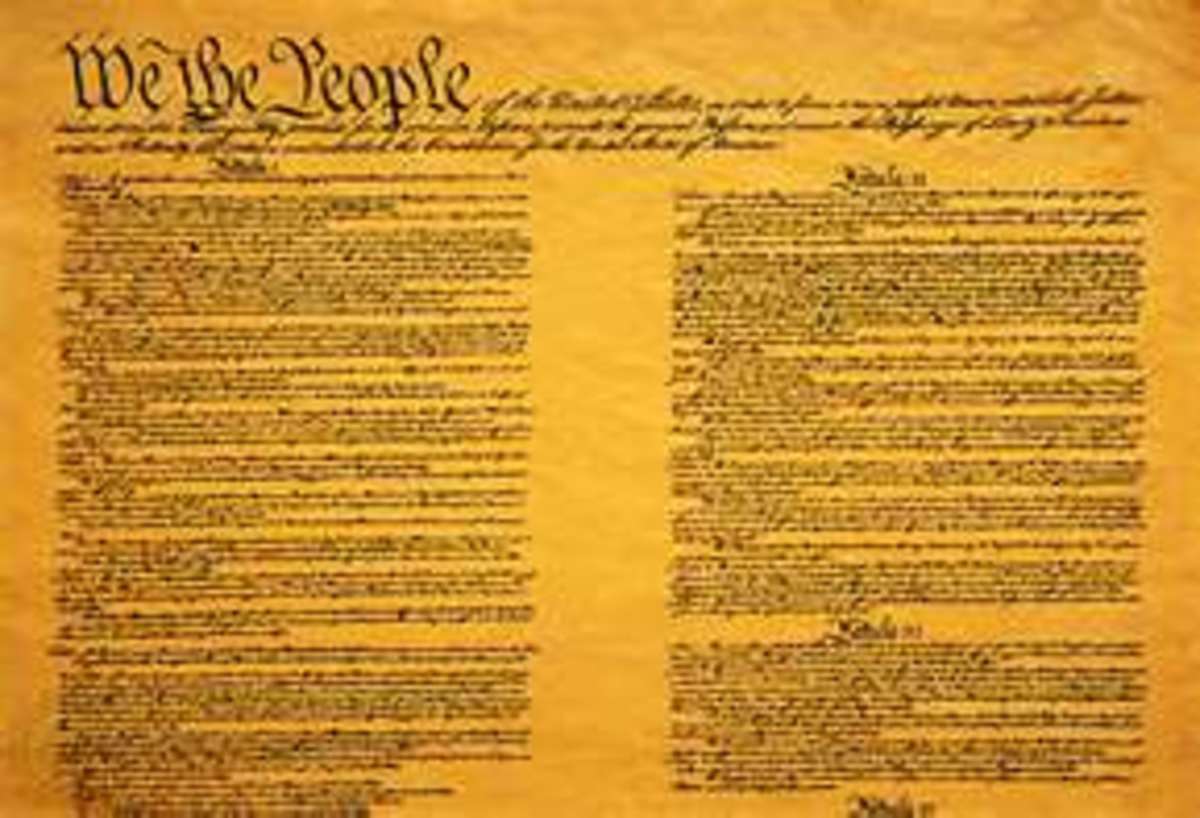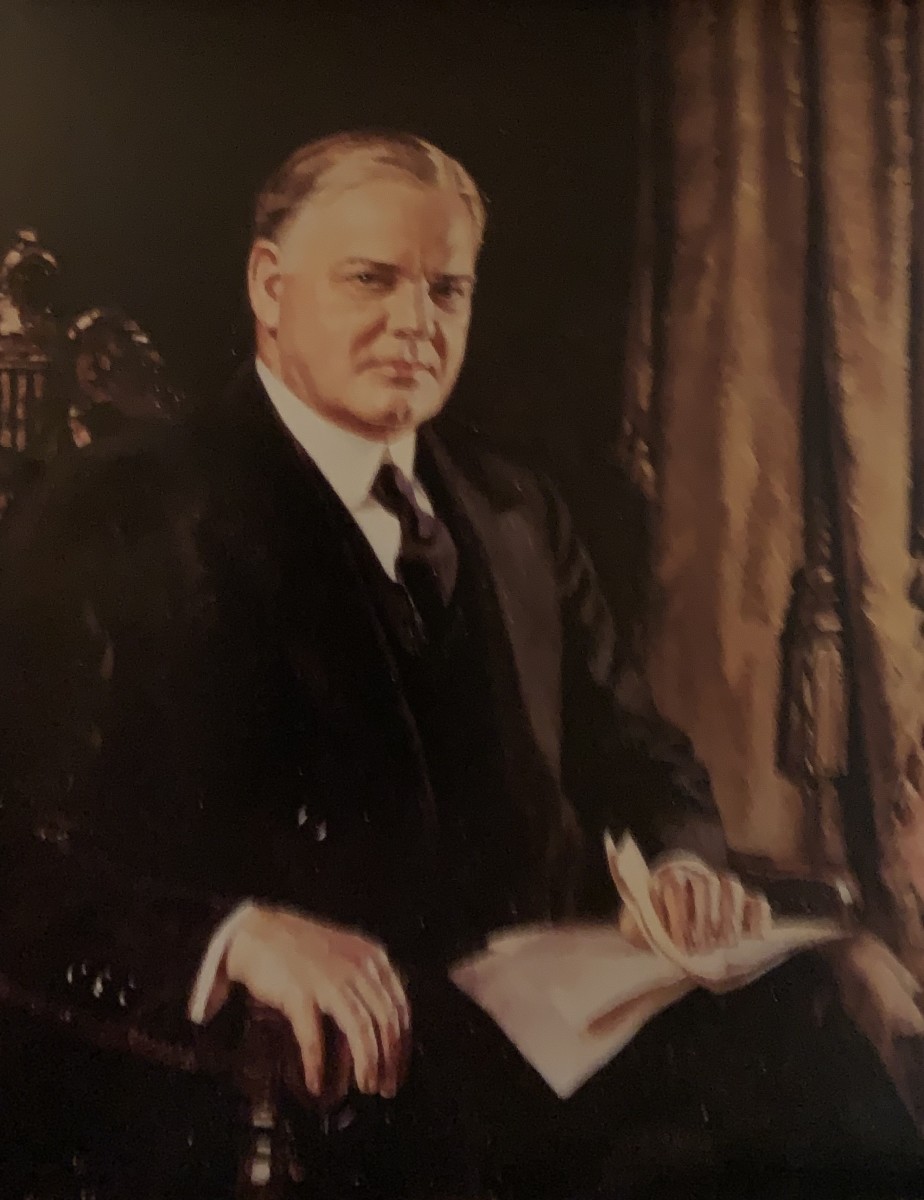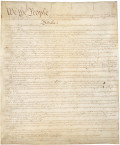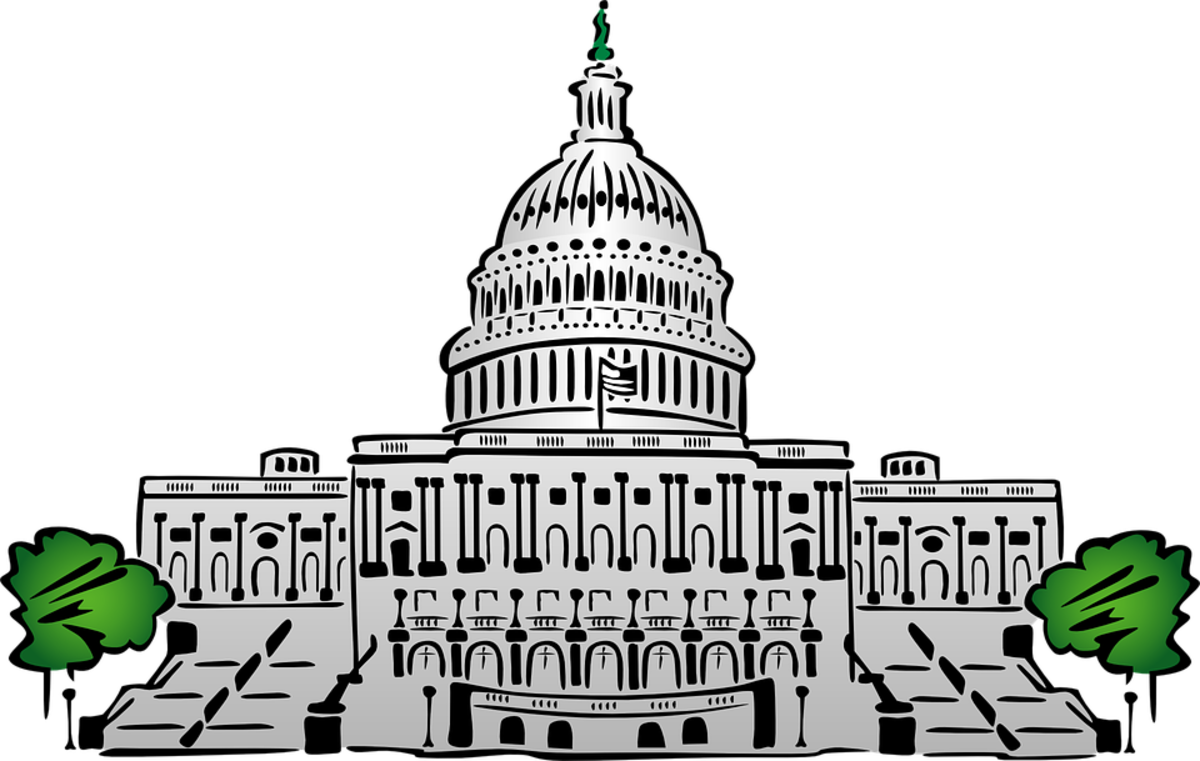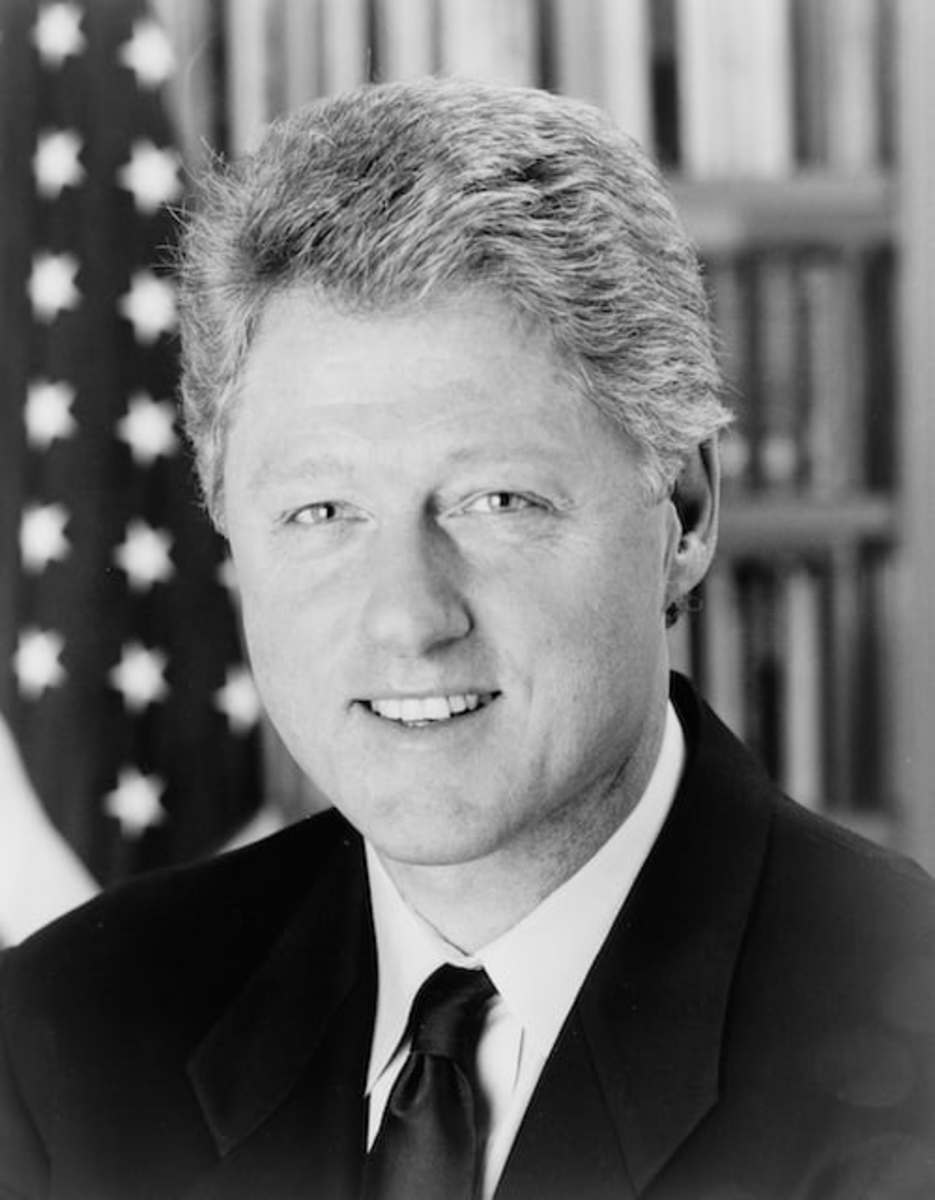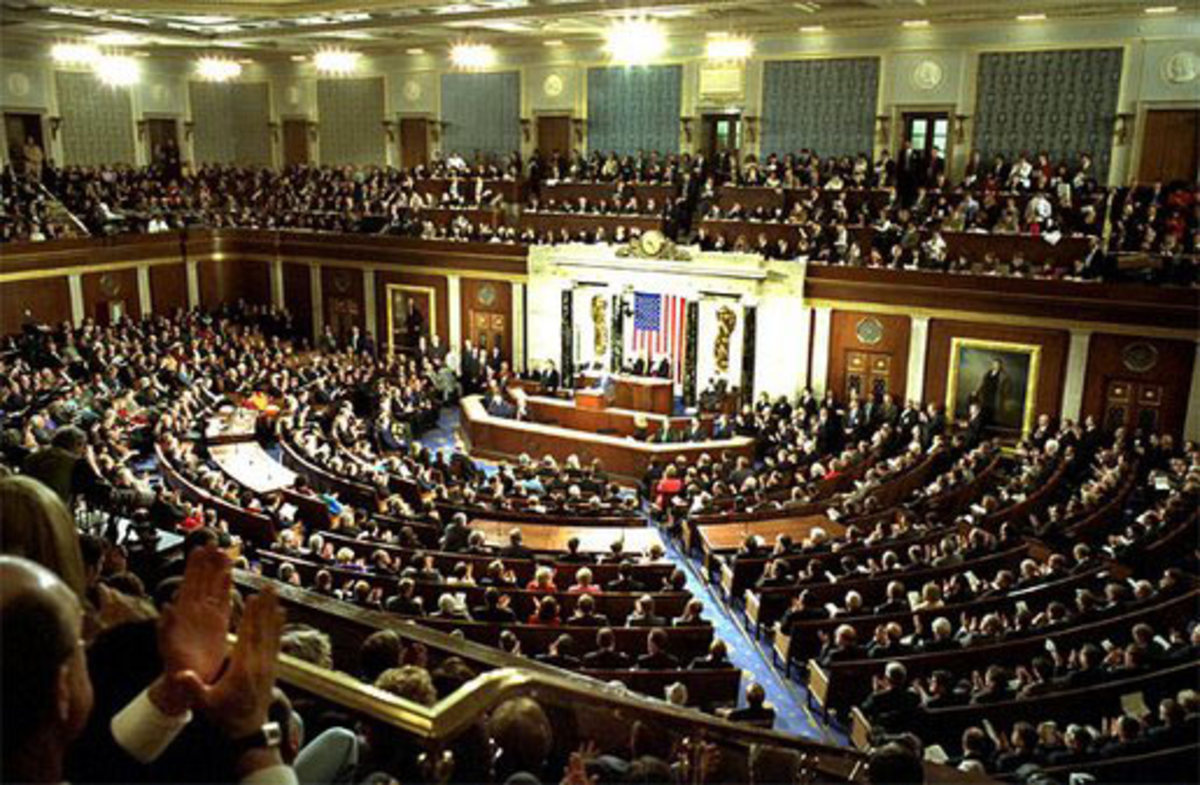James Madison: Father of the Constitution, Godparent of Article V
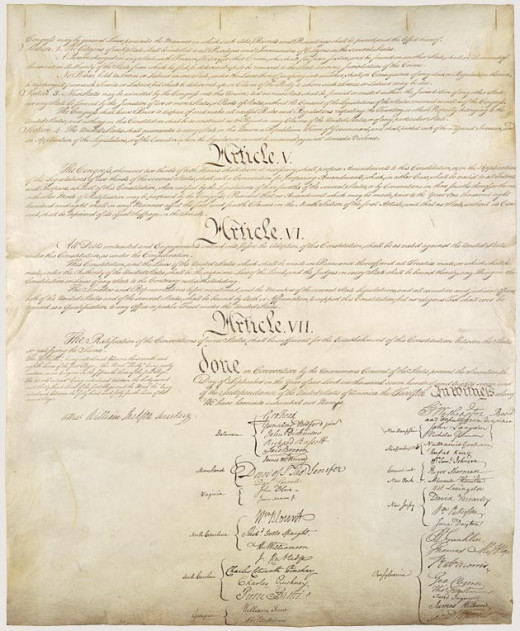
It’s an interesting irony that the two men in American history who are credited with symbolic paternity—George Washington of the country, James Madison of the Constitution—only had offspring from their wives’ previous marriages, and did not themselves father children. George Washington’s role as the patriarch of a mighty nation is less specific than the nickname that James Madison carries, but Madison’s role in the Constitution plays a direct and pivotal part in the evolution of freedom. A key element of American freedom rests in Article V of the Constitution that Madison was so influential in writing. But no one can challenge the titles that these two Founding Fathers bear.
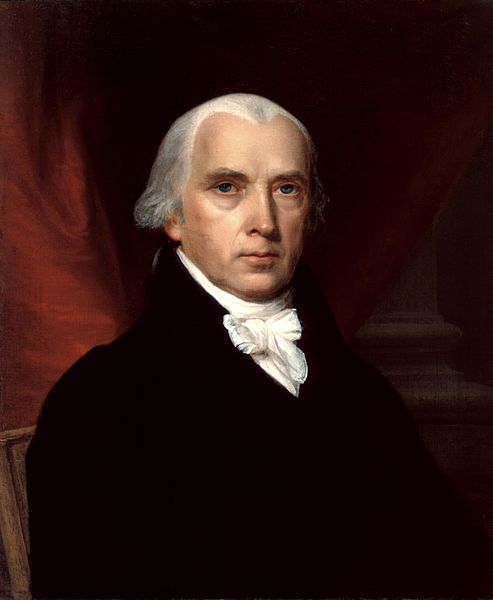
Three branches of government
Madison expected that the three branches of government, the famous “checks and balances” that are designed to protect the American people from federal, legislative, or judicial power-mongering, would steer the newly formed country on a balanced path to peace and prosperity. Each branch, Madison believed, was to reflect the will of the people. But Madison firmly believed that the American people had a responsibility to preserve the freedoms which the Constitution defined. What would today’s Americans say to Madison in response to this quotation: “The powers delegated by the proposed constitution to the federal government are few and defined. Those which are to remain in the state governments are numerous and indefinite.” The Constitution makes this clear in the Tenth Amendment which states that all authority that hasn’t been specifically designated as the province of the national government is by default claimed by the states. Do Americans, citizens not only of their country but also of their respective states, recognize that in Madison’s words there is a rallying cry to defend the power of the state against the tyranny of the central government?
Test your knowledge
view quiz statisticsVirginia hears the call.
Madison’s home state has remembered its history. In 1787, the state of Viriginia, Jefferson, and Madison was the first to call a convention in Philadelphia that led to the creation of the Constitution. In November, 2013, Virginia was the first state to pre-file an application to call a Convention of States (COS). Delegates Scott Lingamfelter and Jim LeMunyon are deeply involved in the Article V project which promotes the rights of states to call a convention that can propose amendments to the Constitution. The 2014 legislative sessions of state governments could play an interesting role in the rejuvenation of American liberty, but only if American citizens recognize that they are partners in the process.
Prof. Rob Natelson gives some background to a Convention of States and explains why a runaway convention is unlikely.
Convention of States
The Convention of States website has scheduled events to engage and inform interested Americans about the project. On February 20, at 8:00 EST, there was an interactive Tele-Townhall with a presentation by Citizens for Self Government founder and President Mark Meckler, who will describe the new America that can exist after a Convention of States is held. Following the presentation, listeners can pose questions about the COS project and learn more about this dynamic Constitutional event. Participants can either take part by telephone or online. Sign up to learn more and find out what you can do to bring freedom back to America. You can also listen to previous presentations that took place in February. On February 3, Michael Farris, the head of the Convention of States project, responded to some of the fallacies and myths that have arisen since the COS began to gain momentum. On February 13, an expert on Article V, Professor Rob Natelson, explained the operating process for a Convention of States and how proposed amendments would be ratified.

Tyranny is always the wolf waiting outside
James Madison recognized that if Article V is the door to American liberty, tyranny is always the wolf waiting outside. He learned it first hand as a citizen of the colony of Virginia, a part of the British Empire. The colonials were proud of belonging to Great Britain, and from 1757-1763, Americans and British fought on the American frontier side-by-side against the French. But just two years later, in 1765, with the passing of the Stamp Act, Americans were incensed that the British government had the audacity to raise tax money without obtaining the approval of the colonial legislatures. Alarmed, the colonists feared that Britain would do more of the same in the future, and the colonies began to exercise their civic right and responsibility to protect their freedom. And we know what happened after that!
You might also be interested in:
- Progressive Politicians - an Ideology That Spans Both Democrats and Republicans
Is there a difference between Progressive and Marxism? What do progressive believe about the constitution versus our founding fathers? - We the People: Yes, That Means You!
Did you know that the Constitution’s Article V was designed to protect Americans against a federal government that has expanded its power at the expense of the states? - Bring Us Your Tired, Your Poor. . .Your Criminals?
Historically, immigrants who left their homes came to America to work hard, obey the laws, and become Americans so that their descendants would have better lives.
© 2014 Joy Campbell

